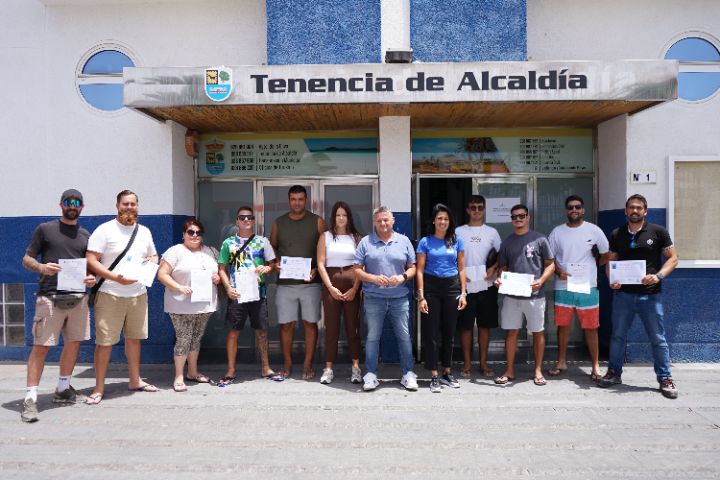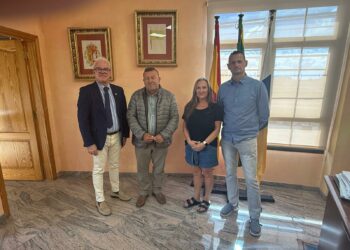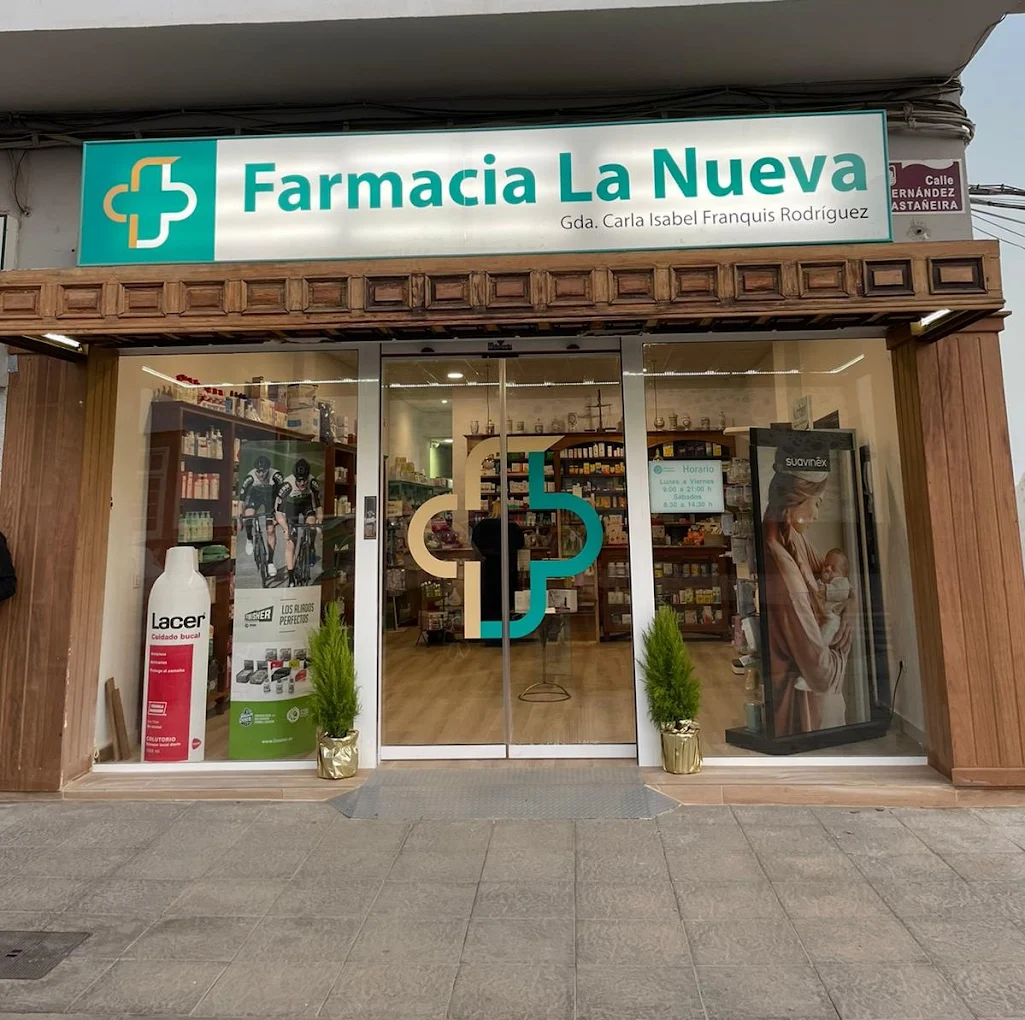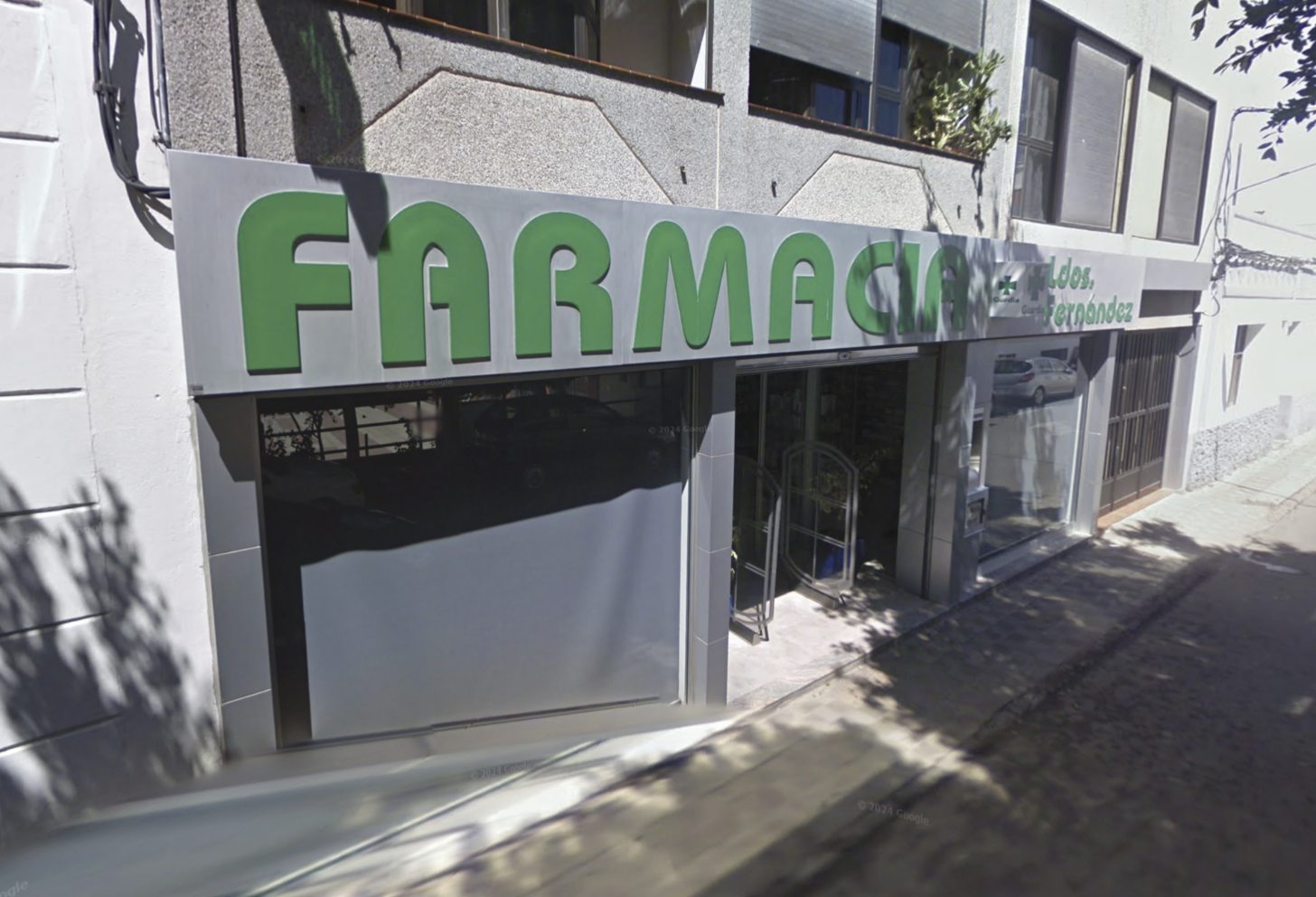The City Council of La Oliva bets on the fishing tradition of the municipality with the Local Skipper Course for young sailors. Thus, the Department of Local Development, led by Alexandra Martín, promotes specialized training in order to support the fishing sector and promote the generational replacement of one of the most traditional professions of the municipality.
A total of 20 students participated in the course, which took place from May 8 to June 25 at the La Bocaina Training Center in Corralejo. Each of these young people maintains an active link with the local seafaring community, who through this training subsidized by Local Development can continue to expand their knowledge and career opportunities within this sector in La Oliva.
The mayor of La Oliva, Isaí Blanco, expressed the need to continue betting on the dissemination and promotion of traditional professions in the municipality: “We can not understand the history of our town without fishing. Therefore, it is necessary to continue to publicize this traditional profession, as this will promote not only the generational replacement, but it will manage to keep alive our history, our customs and, in short, everything that represents and continues to represent the sailors and fishermen for our people.”
In addition, the deputy mayor, Julio Santana, highlighted the importance of this course not only as a career path for young people, but as a key element in the continuity of a fundamental economic and cultural activity for La Oliva, such as fishing. “Training young people in this area is to ensure the future of our sea and our traditions” Santana stressed.
For her part, the Councilor for Local Development, Alexandra Martín, expressed the positive impact of this program in the municipality: “This course is much more than a degree. It is a tool for rootedness, identity, and commitment to our roots. Betting on the generational relay is to defend our maritime heritage and ensure that artisanal fishing remains part of the soul of La Oliva.”
The course was designed not only to provide specific technical skills, but also to integrate young people into a responsible and sustainable fishing model, adapted to the current context. The training included both theoretical and practical knowledge, focused on developing an activity that respects the marine environment and is aligned with local development values.
The Consistory thus maintains the active development of vocational training programs, employment and entrepreneurship in order to expand employment opportunities for residents of the municipality.













